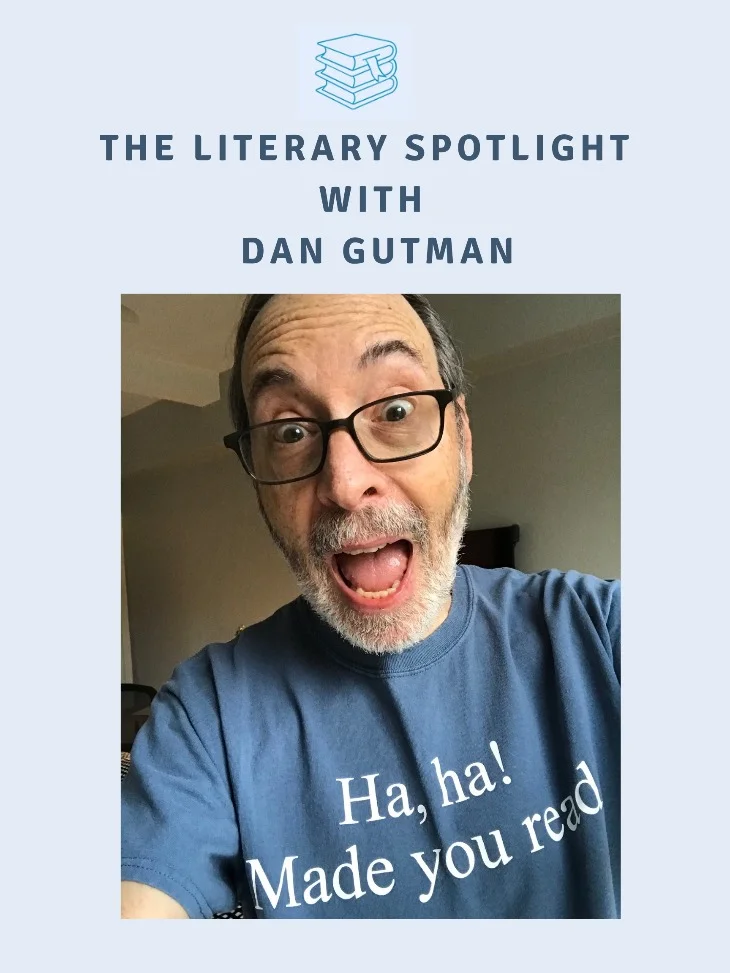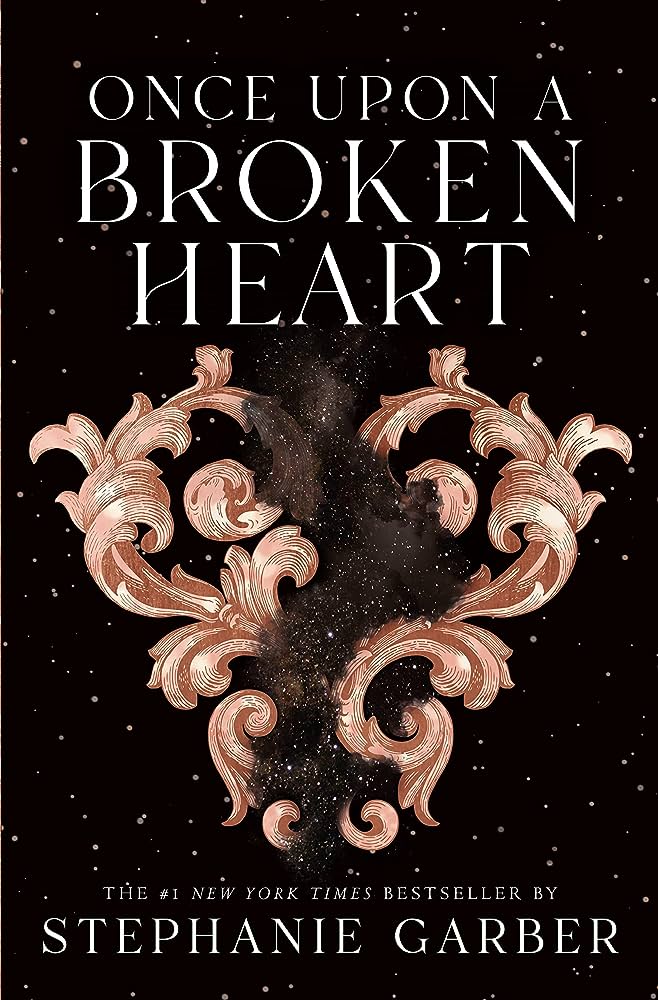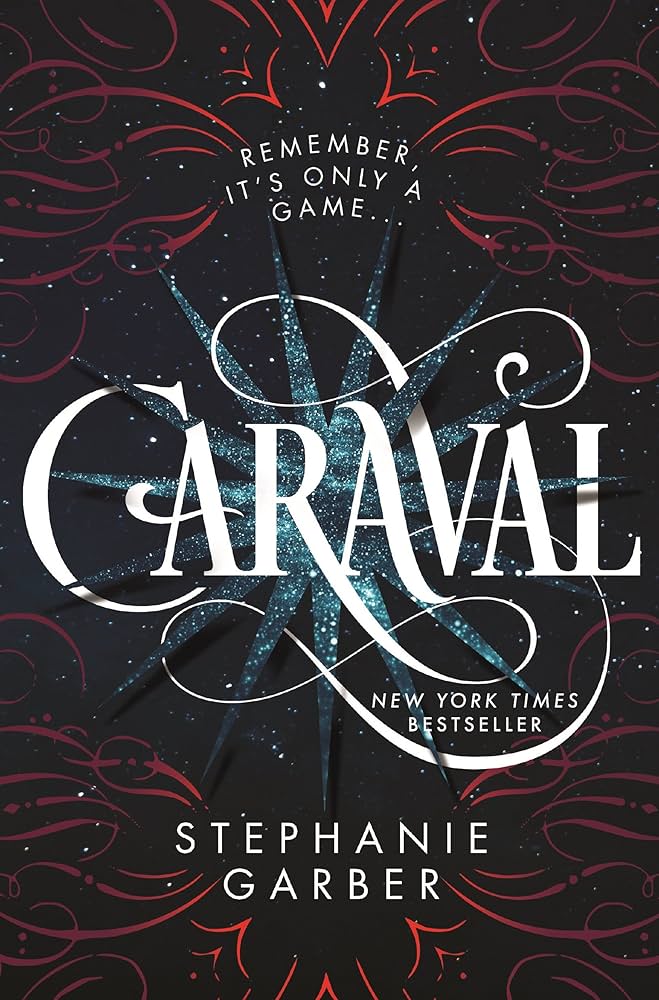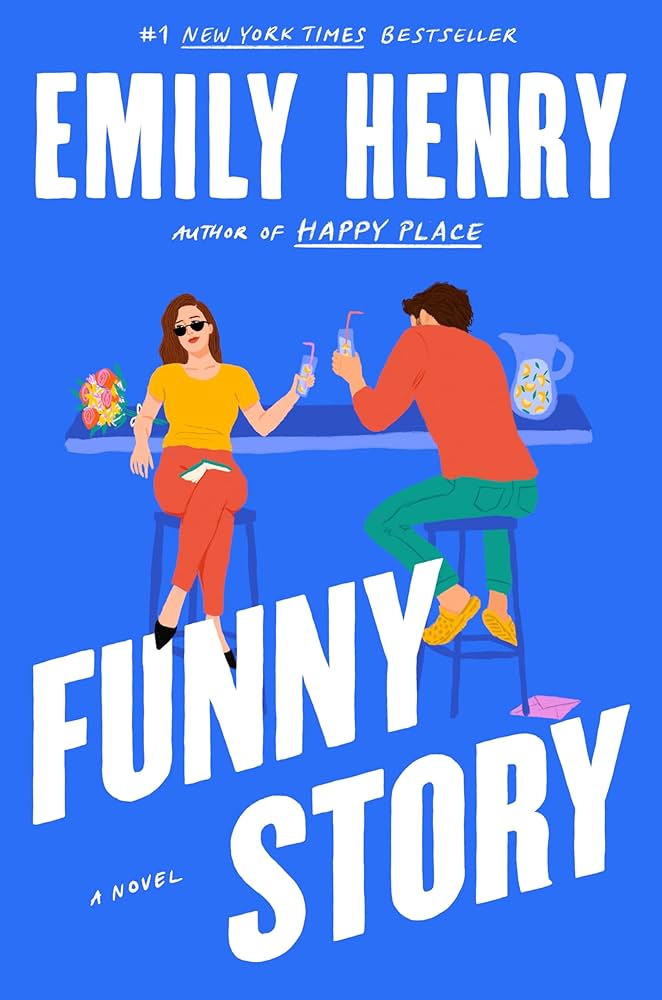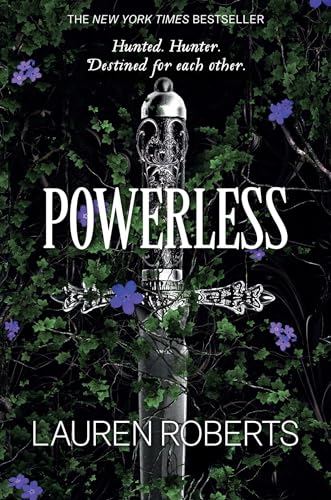I am ecstatic to share the exciting news of a brand-new segment called “The Literary Spotlight,” where I have the privilege of interviewing esteemed authors who have captured my heart with their exceptional works. In this series, I delve into their inspiring journeys, their unique experiences as writers, the obstacles they have overcome, and the remarkable triumphs they have achieved. To kick-start this series, I am incredibly honored and grateful to feature the legendary children’s literature author, Dan Gutman.
It is a true privilege that Dan has graciously agreed to spare some of his valuable time for this exclusive interview, and I cannot wait to delve into his insights, wisdom, and guidance for aspiring writers. I grew up reading his well-known zany book series “My Weird School Daze”. Dan Gutman is a celebrated author among generations. His unique way of storytelling captivates readers of all ages. To this day, I still read his books. His books are a mixture of humor, wit, and imagination. His books have garnered widespread popularity amongst children and gained critical acclaim. Dan Gutman knows how to make reading fun and enjoyable; every chapter is an adventure that pushes kids to keep reading. His characters are quirky, hilarious, and relatable, and they give a dose of energy to the reader. His narrative style, characters, and ideas add layers of excitement to the book Dan Gutman’s literary contributions have not only entertained countless readers but also showed them the hype for reading. He has made a significant impact on youngsters by promoting a love for literature. Join me as I delve into the fascinating world of this master storyteller and explore the inspirations, creative processes, and cherished moments that have shaped his remarkable career.
Introduction:
C.A: Could you please introduce yourself and tell us a bit about your writing background? What inspired you to become a writer, and how did your writing journey begin?
Dan: I was born in a log cabin in Illinois and used to write by candlelight with a piece of chalk on a shovel. Oh, wait. That was Abraham Lincoln. Actually, I’ve written 175 books for beginning readers (“Rappy the Raptor”), young readers (“My Weird School”), and advanced readers (“The Genius Files”, “Flashback Four”, “Houdini and Me”). How did I get started? Well, I never took a writing class in my life. I studied psychology in college, and even went to graduate school for two years before I decided that psychology and academia were not for me. I didn’t know what to do with myself. So I thought “What do I LIKE to do?” I always enjoyed writing letters to my friends. Writing seemed to come naturally to me. So I decided to move to New York City and become a starving writer. Over the course of ten years, I tried writing newspaper articles, magazine articles, screenplays, and non-fiction books for adults. Nothing was successful and I wasn’t good at any of it. Then my son Sam was born in 1990. I started reading children’s books for the first time since I was a kid and thought “Let’s try writing for kids.” And as soon as I started writing for kids, I felt, “THIS is what I’m good at! This is what I should have been doing all along.” So I switched to writing for kids, and I’ve been doing it ever since. Sam is 33 now. I guess you could say he (and my daughter Emma) inspired me to become a children’s book author.
Creative Process:
C.A: Could you share a glimpse into your creative process? How do you approach developing ideas and turning them into stories? Do you have any specific rituals or habits that help you get into the writing zone?
Dan: I try to come up with a “big idea.” Like, I try to take an ordinary kid and put that kid into an extraordinary situation. A kid runs for president of the United States (“The Kid Who Ran For President”). A kid gets the chance to take one foul shot for a million dollars (“The Million Dollar Shot”). A kid finds the most valuable baseball card in the world and discovers he has the power to travel through time with it (“Honus & Me”). These are the kinds of stories I think kids can fantasize about.
Then I start to brainstorm the story, jotting down any good ideas (and sometimes bad ones) on file cards. Then I juggle the file cards around until I can shape those ideas into a story. That’s my outline. Finally, I sit down and start to write it. Sometimes the ending comes FIRST. In my book “The Homework Machine,” I knew from the very start that it was going to end (spoiler alert!) with the kids destroying the homework machine. Once I decided to have them catapult it into the Grand Canyon, the rest of the story fell into place.
Writing Influences:
C.A: Who are some of your favorite authors or literary influences, and how have they shaped your own writing style? Are there any books or works that have had a profound impact on your writing career?
Dan: Honestly, when I was a kid, I HATED reading. I thought it was boring and hard to do. My mother was worried about me, and she used to buy me comic books hoping it would get me interested in reading. It didn’t really work. Then, when I was about 10 years old I became a big baseball fan. Suddenly I wanted to know everything about baseball, so I HAD to read about it. That got me interested in reading other things. So I always tell reluctant readers there is something out there that they are really interested in. Maybe it’s sports, or cars, or airplanes, or whatever. There are books about that subject. Lots of them. You should check them out. If you are reading something you are interested in, you’ll get interested in reading. My heroes growing up were not authors. But I admired creative people, like the Wright Brothers, Thomas Edison, Picasso, and more than anybody else, The Beatles. Now some of my favorite authors are Carl Hiassen, Gary Paulsen, Gordon Korman, Dave Barry, Ernest Hemingway, Robert Benchley, and Brian Selznick.
Overcoming Challenges:
C.A: What challenges have you faced as a writer, and how did you overcome them? How do you handle writer’s block or periods of self-doubt?
Dan: The biggest challenge I faced was getting rejected hundreds of times. It hurts your confidence. But I just decided that I knew what kids would want to read, and those editors who rejected me didn’t know what they were talking about.
How to handle writer’s block: Take a break. Do something DIFFERENT. Take a bike ride, or a walk. Reset your brain.
Character Development:
C.A: How do you approach developing compelling and relatable characters in your stories? Are there any strategies or exercises you use to ensure your characters feel authentic and three-dimensional?
Dan: I don’t think I’m very good at character development. It’s something I need to work on. I guess I feel that telling a good story is the most important thing, and if I have a great story the characters will naturally be authentic and three-dimensional.
Creative Inspiration:
C.A: Where do you find inspiration for your stories? Are there any specific themes or topics you enjoy exploring in your writing?
Dan: I get my ideas from all different places: reading the newspaper, watching TV, listening to the radio, from my own two kids, and also by remembering what it was like to be a kid. Sometimes I just make crazy stuff up. As I said earlier, the key, for me is to put an ordinary kid or kids into an extraordinary situation.
Personal Reflection:
C.A: Is there a particular book or project you are most proud of? Could you share the story behind it?What is the most rewarding aspect of being a writer for you?
Dan: My favorite of all my books is “Johnny Hangtime.” It is the story about a boy who is a Hollywood stuntman. He’s always jumping out of windows and having himself set on fire and stuff like that. I just thought it was a great idea, and I thought I executed it well. The book never sold very well, but I think it’s my best. I love the emails I get from parents, teachers, and librarians telling me about the kids who read my books and get turned on to reading. That feels great. I also love the freedom I have–to work at home, to write what I want, to go on vacation when I want, to not have a boss, and to dress like a slob.
Editing and Revision:
C.A: How important do you think the editing and revision process is for a writer? Could you share your approach to editing your own work? Do you have any suggestions for writers on how to improve their editing skills?
Dan: VERY. My first draft is very much a “sloppy copy.” I just throw my ideas on the computer screen. I don’t care if the spelling is wrong or the grammar is bad. I can fix it later. Every morning I sit down, look at what I wrote the day before and change it. Correct it. Make it better. And here’s a tip—When you’re reading your early drafts, PRETEND TO BE SOMEBODY ELSE. Then you see your words through different eyes. You see your mistakes, or how your writing could be better.
Publishing and Marketing:
C.A: What has been your experience with the publishing industry? Any advice for aspiring authors on finding agents or publishers? How do you navigate the world of book marketing and promotion? Any tips for authors looking to build their audience?
Dan: It’s sad but true that we authors have to do most of the heavy lifting ourselves. Write a hundred letters to publishers and agents. Promote yourself on social media relentlessly. Do school visits. Visit bookstores and libraries. There is no shortcut. It’s a lot of hard work. Writing is only a small part of what I do.
Advice for Budding Writers:
C.A: What advice would you give to aspiring authors who are just starting their writing journey? How do you handle rejection and criticism in the publishing world?
Dan: Read my book “My Weird Writing Tips” I mentioned rejection earlier. My books don’t get many reviews. I read them when I see them, but I don’t seek them out and I don’t really take any criticism seriously—because they are written by GROWNUPS. The only thing I care about is what KIDS think of my books.
Favorite Quote:
C.A: What’s your favorite quote that keeps you going in life?
Dan: “And in the end the love you take is equal to the love you make.” – Lennon/McCartney
